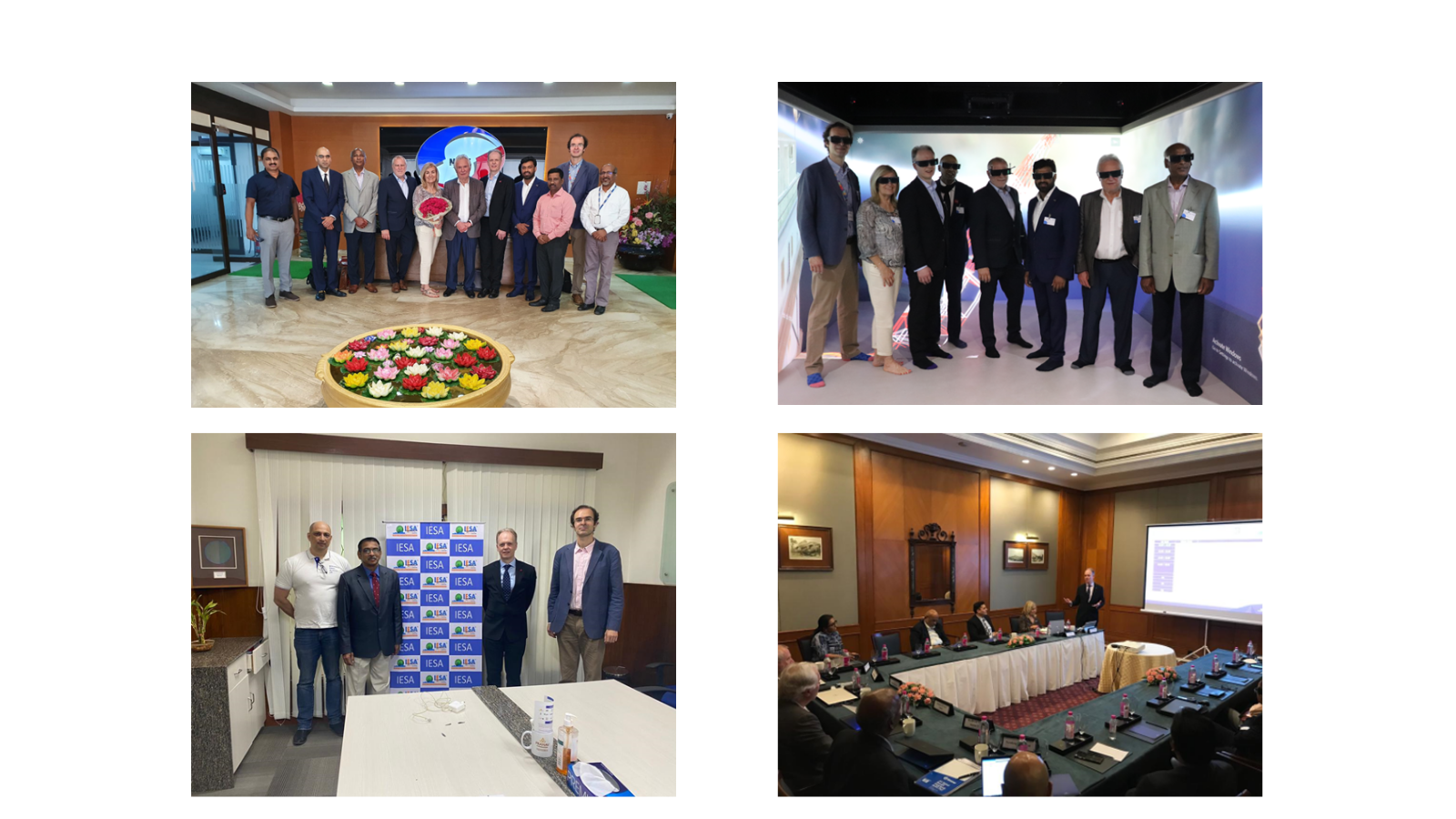The CSA Catapult is working with industry and academic partners to deliver transformational change in future telecom networks, from the rollout of 5G to the longer-term opportunities in optical, quantum and satellite communications.
CSA Catapult is supporting businesses in transforming great ideas into valuable products and services and is identifying new markets in the UK and abroad.
The Catapult supported the Department for Digital, Culture, Media & Sport (DCMS), helping to build the case for a £250m investment in telecom diversification, which was announced in November 2020. In December 2021 CSA Catapult won two projects, with UK partners, to help deliver future radio access networks (RAN).
In 2021, we identified a substantial opportunity to develop bilateral collaborations with companies and academics in India through a Future Telecom Programme, which was launched by the Foreign Secretary, the DCMS Minister and the Head of International Cooperation at India’s Department for Science and Technology. The Programme builds on the India-UK 2030 roadmap, the MoU between India’s Department of Telecommunications (DoT) and DCMS, and the Free Trade Agreement that is currently being negotiated.
The Catapult discussed the Future Telecom Programme with Government, industry and academia during delegations to New Delhi and Bangalore in 2022. These delegations demonstrated the value of the UK’s innovation ecosystem, and its ability to work collectively to translate disruptive technologies and innovation into commercial products and services. Specifically, we noted a strong desire to collaborate on topics from cyber security to electric vehicles, semiconductor supply chains, optical communications, security and satellite technologies.
CSA Catapult is now planning a reciprocal delegation, inviting officials and executives from India to meet UK Government, industry and academia. The Catapult is grateful to the Department for International Trade (DIT), the Foreign, Commonwealth and Development Office (FCDO) and UK Research and Innovation for their support.





